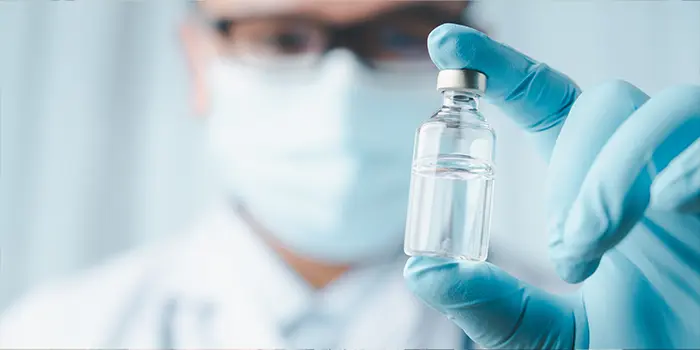Brilliant research. Impactful innovations. Excellent health and care for all.
Key website sections
Latest news
Key dates
27–28 Feb 2026
Rare Disease Day Summit 2026
Stay informed
Connect with us for key dates and news about health and medical research in NSW.
Acknowledgement of country
We acknowledge that our primary office is located on the lands of the Cammeraygal People of the Eora Nation, and our staff work across the lands of many Aboriginal Nations. We pay our respects to Elders past and present and to all Aboriginal people who walk amongst us.


